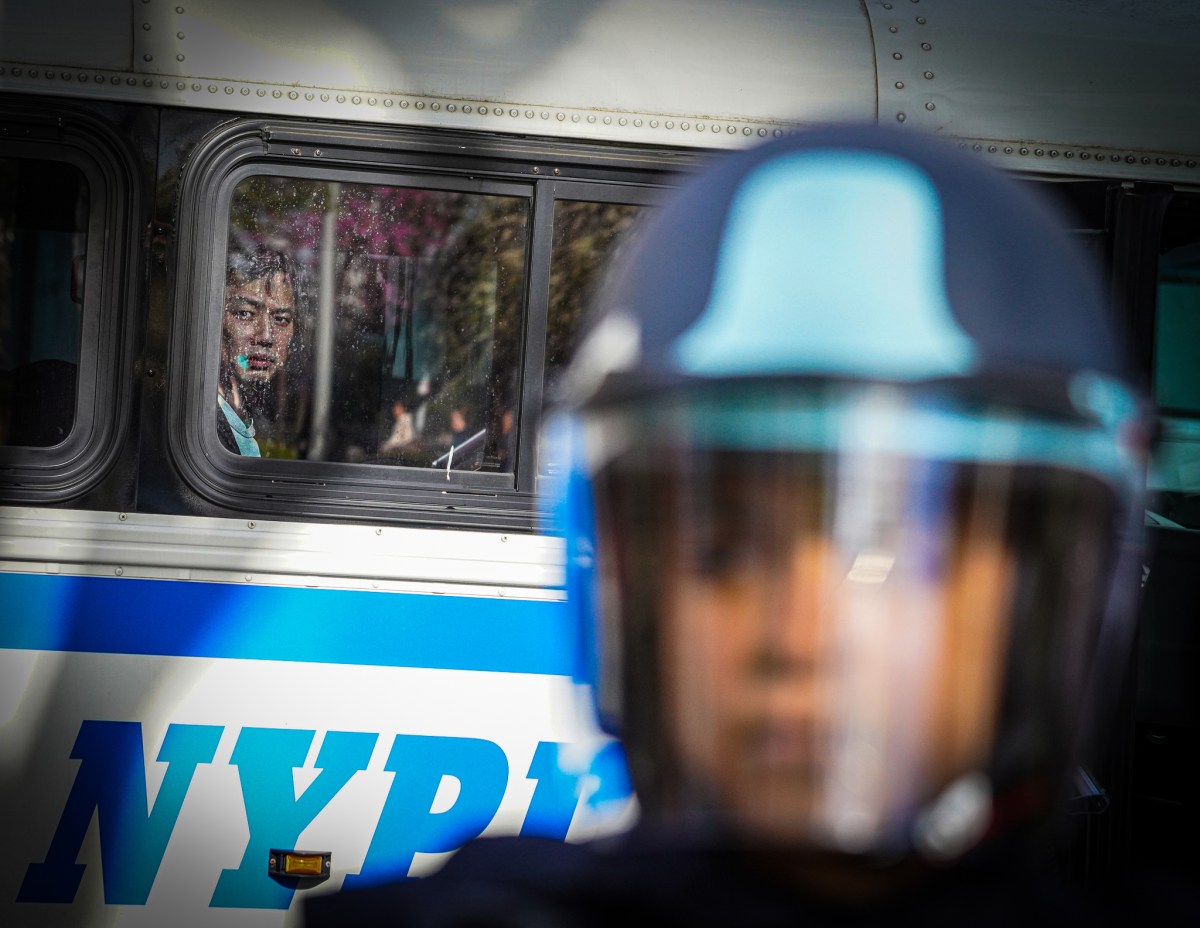BEIJING – Within 24 hours of China’s deadly quake, some 20,000 troops converged on the disaster area to help dig out the dead and injured, and military planes and trucks ferried in another 30,000 reinforcements.
The rapid mobilization to stricken Sichuan province reflected the priority that China’s leadership places on delivering efficient disaster relief while showing the world it stands ready for anything that may come during the Olympics in August.
Following Monday’s 7.9-magnitude earthquake, Beijing’s Olympics organizers will scale down Wednesday’s torch relay in the southeastern city of Ruijin and open with a moment of silence in a symbolic gesture to the thousands who died. This came in the face of mounting pressure on Chinese-language websites and blogs, which overwhelmingly favoured some kind of moratorium, either now or next month when the torch enters Sichuan province.
Gu Linsheng, a researcher with Tsinghua University’s Emergency Management Research Centre, said the world’s sympathy for China’s latest crisis may help offset the negative publicity that has beset Beijing following deadly riots in Tibet earlier this year and scandals over tainted food, drugs and toys last year.
“After China was criticized for handling the Tibet crisis, the government hopes the response to the earthquake will leave the rest of the world a positive impression of the Chinese government – that it is truly for its people,” Gu said.
When the disaster struck, Beijing’s leaders were quick to signal a message of concern and action, as President Hu Jintao called for an “all-out” effort to aid survivors. Premier Wen Jiabao flew to Sichuan province to oversee relief efforts.
Rescue workers mounted a huge search effort with cranes and manpower to look for survivors under blocks of concrete and steel. More than 50 people were pulled out alive, but the vast majority recovered were dead.
Even the air force was called in, with a plan to parachute troops to isolated disaster areas. It was later cancelled because of heavy rain.
State media, often hesitant to report negative news, has been especially aggressive in covering the quake’s aftermath, running pictures of bloody victims and grieving relatives. China Central Television provided virtually 24-hour coverage, dispatching reporters across a wide swath of the affected region.
Disasters always pose a test for the communist government, whose mandate rests heavily on maintaining order, delivering economic growth, and providing relief in emergencies.
If China’s leaders are able to successfully show that they can overcome this latest crisis, it will allow them bragging rights with the Olympics around the corner, said Adam Segal, a China expert at the Council on Foreign Relations.
“They will use this as a kind of symbol, a demonstration that they can mobilize and respond to tragedies and show a government that is competent and in control,” he said.
China hasn’t always responded well to crises. Tens of millions of people starved in the famine created by the disastrous Great Leap Forward of the 1950s. The 1976 quake in the city of Tangshan was the most devastating in modern history, killing at least 240,000, although some other reports say as many as 655,000 perished.
As economic growth raised expectations for better government, the leadership has poured resources into disaster relief. Flood controls were put in place following the 1998 floods, when the rivers burst their banks, killing about 4,000.
China’s ability to mobilize manpower and resources for relief efforts is due in part to its long history with natural disasters, from typhoons to annual floods that displace tens of thousands of people. Pressure for a rapid response was particularly intense this year, with the government already grappling with fallout from a string of crises, both natural and manmade.
Gu said Beijing’s initial response to the quake was surprisingly quick.
“What strikes me the most is that the response is really, really fast,” he said. “Responding to this disaster is particularly difficult, because it happened in a mountainous area with high population density.”
Gu said he believes China’s centralized government proved an advantage in such times because it can quickly summon manpower and resources.
“It’s a sad thing, but fortunately it did not happen during the games,” he said. “Should any natural disaster strike during the games, we would know how to cope.”
Disaster experts say China’s quick actions are even more impressive when compared with the lacklustre response of its neighbour Myanmar to a deadly May 3 cyclone. The death toll following cyclone Nargis is more than 30,000, with numbers expected to rise because of the government’s unusually slow, and even counterproductive, actions.
Dr. Maurice Ramirez, a founding chair of the American Board of Disaster Medicine, said the two disasters provide clear contrasts in what should and should not be done.
“Speed is absolutely critical in a situation like this. China has done the very opposite of Myanmar. It has dumped every asset into the area. Their initial response is very good,” Ramirez said.
Unlike Myanmar, China also has expressed willingness to accept foreign offers for aid from the United States, Germany, Japan, Russia, Taiwan, and South Korea.
“In Myanmar, they chose to not only refuse to reach out but they shunned offers of assistance and they have slowed the influx of aid that did come,” said Ramirez.
Although China’s communist regime is often criticized, it bears little resemblance to the xenophobic and paranoid generals who wield total control in Myanmar. Despite the massive death toll, the junta forged ahead with a constitutional referendum.
















